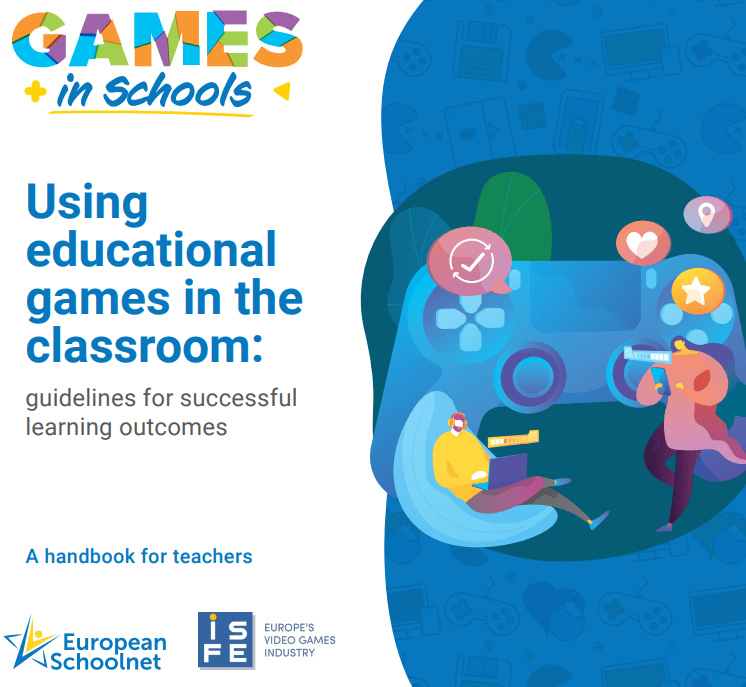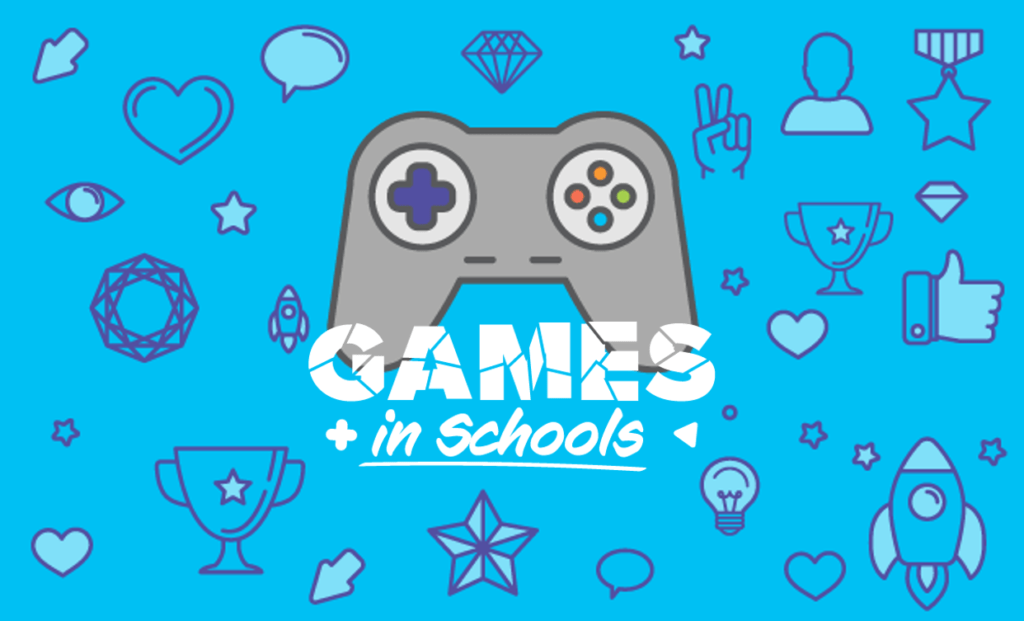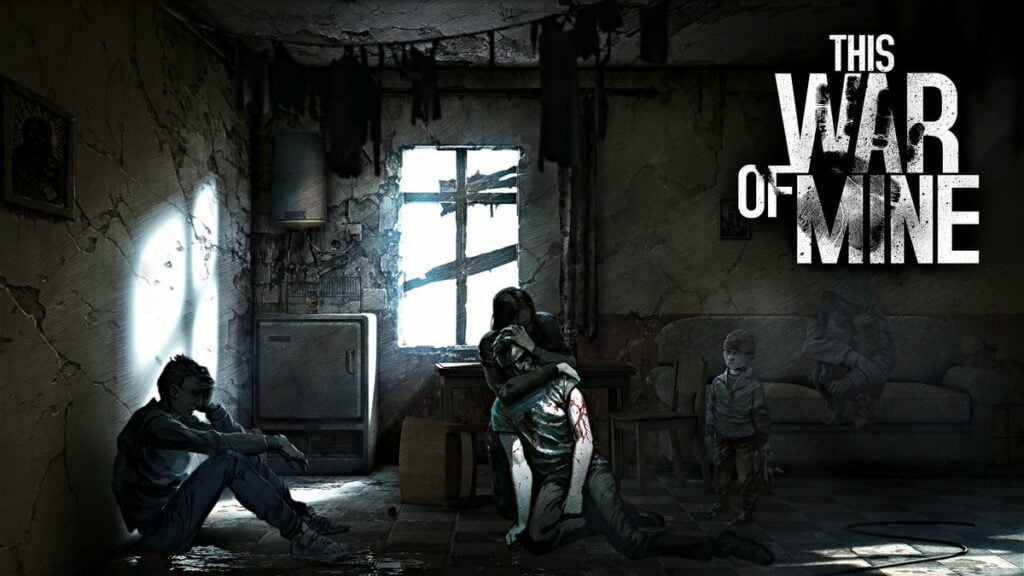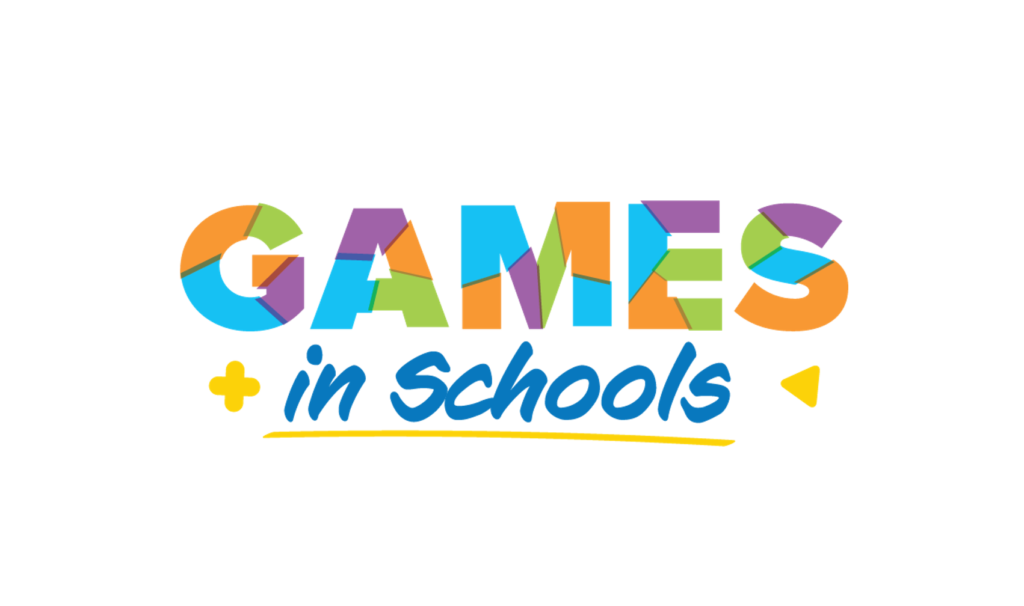How video games are equipping educators and learners to thrive and innovate in an ever-changing world
With 2023 being the Year of Skills, the recent Council resolution on the EU Work Plan for Culture 2023-2026, as well as the European Education Summit (EES), which is now in its fifth year, youth, skills and education are taking centre stage.
The Council’s multi-annual Work Plan now recognises the importance of enhancing the cultural and creative dimension in the European video games sector through a variety of important strands, one of which is skills and training. As 2023 approaches, we’d like to share how video games are helping unlock essential skills needed to thrive in a digital society, as well as how Europe’s video games industry is helping in the upskilling of teachers and the closing of the gender gap in STEM fields.
Video games unlock essential skills to thrive in a digital society
The COVID-19 outbreak has had a major impact on many aspects of the EU economies and societies. As telework and distance learning have become more common, the pandemic has accelerated the digital transition, widening the existing skills gap between those who can thrive in the digital society, and those who can’t.
Video games can assist in the acquisition of necessary skills for thriving and functioning in a digitalised society. While they enable players to immerse themselves in rich imaginative worlds, collaborate or compete with friends or other gameplayers from around the world, they also present significant intellectual challenges, specifically processing information, problem solving, devising strategies and plans, and interpreting verbal and visual information. Learning new skills, concepts, and logical and critical thinking abilities can all be aided by video games.
Teachers who used video games in the classroom saw improvements in problem-solving and analytical, as well as social, intellectual, spatiotemporal (hand-eye coordination, reflexes) skills and concentration in primary school students. Games can foster cooperation, exploration, self-management, independence, responsibility, initiative and enterprise, all of which promote creativity and innovation.
In Europe, educational video game implementation can be seen through the UK trade body Ukie’s Digital Schoolhouse, which uses play-based learning to engage the next generation of pupils and teachers through their computing workshops across the UK in collaboration with Nintendo UK. Through innovative activities and freely adaptable resources, students can experience a novel approach to play-based learning.
Governments are beginning to recognise video games’ educational value as well, with Poland becoming the first government in the world to include video games on its official school reading list as an educational resource, and Flanders (Belgium) becoming the second European government to incorporate video games into mainstream education.
Moreover, a proof-of-concept study conducted by Alexander Simons and Isabell Wohlgenannt, Markus Weinmann and Stefan Fleischer demonstrated that strategy video games like Sid Meier’s Civilization can be used to acquire problem-solving, social and organisational skills —all of which are highly relevant for managerial careers.
Video games can help upskill teachers
Digital skills are now critical basic skills, just like literacy and numeracy. They include not only technical ICT application skills, but also digital literacy, safety, collaboration, and content creation. According to the Education and Training Monitor 2019, 60.6% of teachers did not feel well or very well prepared to use digital technologies for teaching. Teachers throughout the EU, therefore, require a high level of pedagogical training to ensure they have the skills needed to become digitally competent and guide their students toward creative interaction with technology.
This educational reform can be aided by video games as a tool for teacher upskilling. Initiatives such as Games in Schools, led by European Schoolnet on behalf of Video Games Europe, recognise the value of video games as an educational tool. The project is designed to train teachers and educators across Europe on how to use video games in the classroom, as a supplement to the curricula. It includes MOOC-based training modules, a comprehensive handbook for teachers, recommendations ideas for lesson plans, suitable games and more.
The Council of Europe's Working Group on Video Game Culture held its first "Edutalk" last week, with the goal of raising awareness about the importance of promoting video games as a complex cultural tool that allows for the acquisition of competencies for active participation in digital society. The panel on "Democratization of Game Tools and the Rise of the Player-Creator," in particular, highlighted how video game creators frequently provide players with development tools to design characters, levels, and other assets for the game to come to life.
Video games can help close the gender gap in STEM fields
For a variety of reasons, fewer girls choose careers in ICT at a young age, with stereotypes playing a significant role. However, researchers at the University of Surrey discovered that young girls who play video games are more likely than their non-video game playing peers to pursue a STEM degree.
Dr. Anesa Hosein, the study's lead author, concluded that educators who want to encourage more female participation in STEM subjects should target young female video game players, who may already have a natural interest in these subjects. Playing video games, among other things, can teach and improve girls' creativity, strategic thinking, and problem-solving abilities.
Video games can foster social inclusion and fight early-school-leaving
In 2020, 9.9% of people across the EU dropped out of school early. Over the last two years, the Commission has seen little progress in this area. People with low levels of education are more likely to fall into poverty, are at a higher risk of unemployment, have lower lifetime earnings, learn less later in life, and are less adaptable. In comparison, to highly qualified individuals, they contribute less to taxes and rely more on social assistance. Keeping nearly everyone in school until they complete high school has long been a top EU policy priority.
Video games can bring the school environment closer to students' daily realities. Teachers have noticed that video games consistently increase student motivation. This increased motivation has been linked to increased self-confidence in some students develop as a result of video games use in the classroom. Their video gameplay experience enables them to assist less-skilled students.
Students with cognitive, methodological, or social learning difficulties (slow learning, lack of organisation in work, resistance to rules and evaluation, etc.) benefit from video games. Games also take the drama out from learning by managing mistakes and learning rhythms. Games can also help students in reconciling with schoolwork by allowing for repetition, identifying errors in a non-traumatising manner, and making rules easier to accept.
Looking ahead, education and training systems will be crucial in ensuring that every European is equipped with key competences and basic skills for lifelong learning. In fact, video games have already been used for training, education, and therapy in a wide range of industries and professions.
Simply put, video games can offer several implicit educational benefits, including the development of cognitive, spatial, and motor skills, as well as the improvement of ICT skills.
Video Games Europe looks forward to continuing the dialogue about how video games can equip educators and learners thrive and innovate in an ever-changing world.










